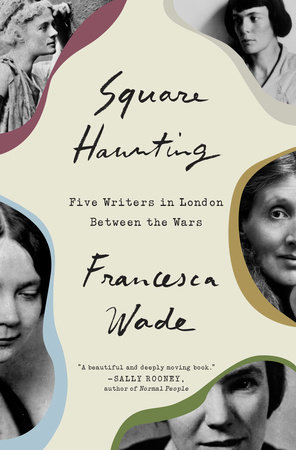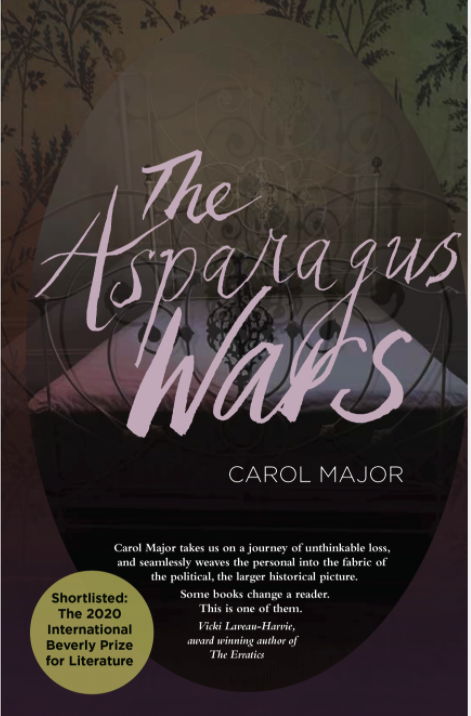 Compelled by a strong identification with Major’s experience of marriage and motherhood and a familiarity with the power structures that discriminated against her – remembering the marginalisation I’d faced as a single woman raising a child on my own – I came to the gradual understanding that my interaction with her work was almost wholly personal. My instinctive response to The Asparagus Wars, Major’s powerful recounts of gendered inequality, made it undesirable that I interact with the book in any other way.
Compelled by a strong identification with Major’s experience of marriage and motherhood and a familiarity with the power structures that discriminated against her – remembering the marginalisation I’d faced as a single woman raising a child on my own – I came to the gradual understanding that my interaction with her work was almost wholly personal. My instinctive response to The Asparagus Wars, Major’s powerful recounts of gendered inequality, made it undesirable that I interact with the book in any other way.
Category: Non fiction reviews
A review of Nemerov’s Door by Robert Wrigley
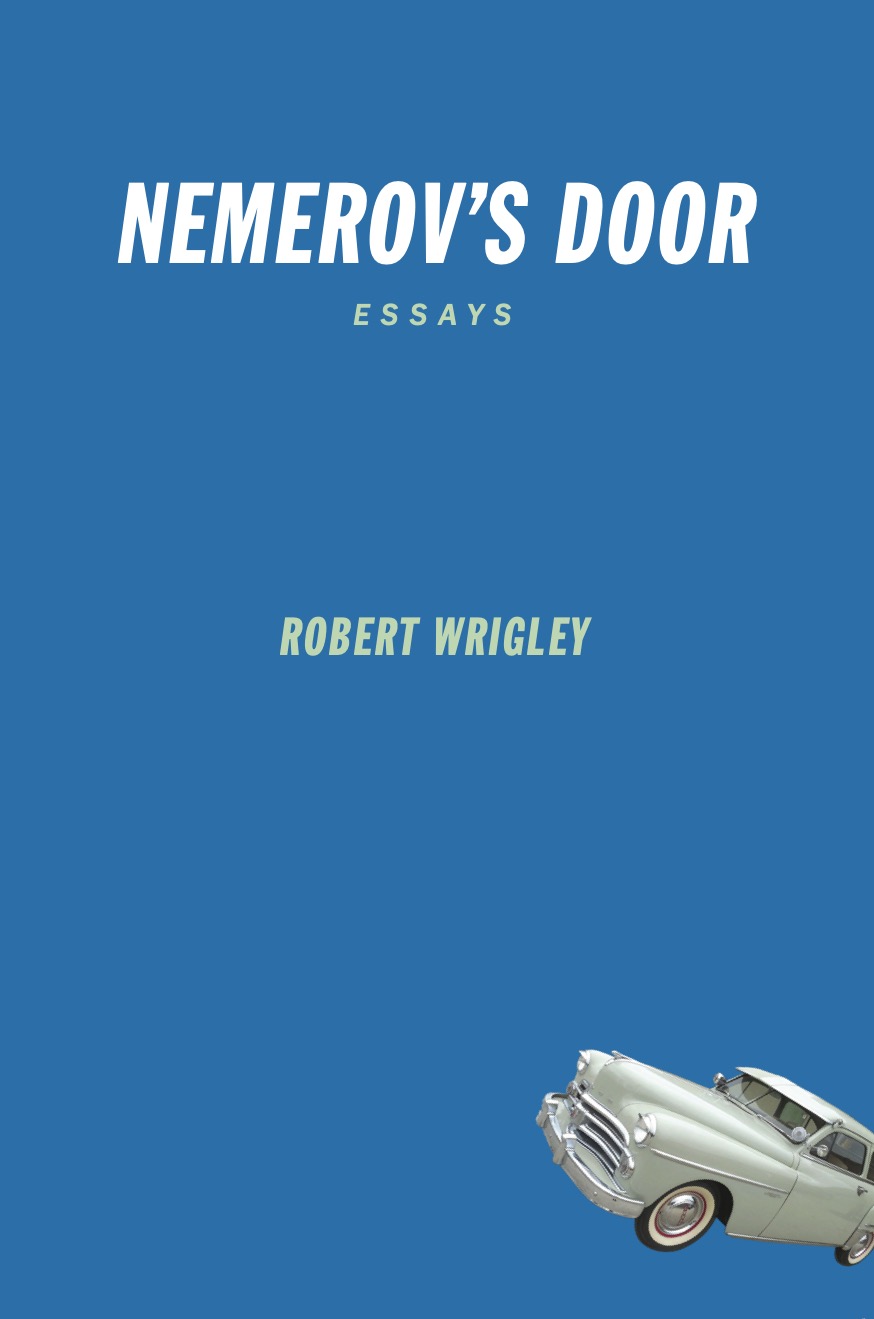 For what Wrigley does so well with analyzing his own and others’ poetry, there is also a uniqueness with his ability to switch between poetic analysis and intimate memoir on command. The book as a whole is a highly original composition in that it succeeds in combining close readings of poetry, personal narrative, and poetry by Wrigley himself. All of which are quick to grab readers’ attention with a highly in touch sense of pathos and nostalgia.
For what Wrigley does so well with analyzing his own and others’ poetry, there is also a uniqueness with his ability to switch between poetic analysis and intimate memoir on command. The book as a whole is a highly original composition in that it succeeds in combining close readings of poetry, personal narrative, and poetry by Wrigley himself. All of which are quick to grab readers’ attention with a highly in touch sense of pathos and nostalgia.
A review of Free Rose Light by Mary O’Connor
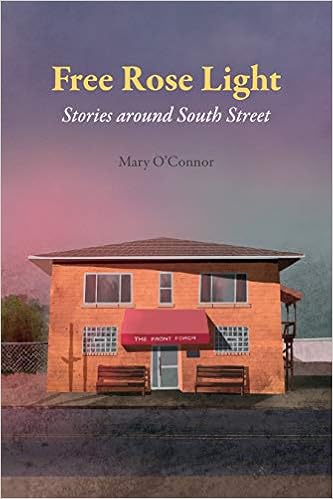 Mary O’Connor may have made her career as an architect, but her debut book shows her to be one heck of a writer. Her prose is tight, well-paced, and often exquisite. She balances fact and emotion with perfect precision, using a blend of memoir, reportage, biography, and social history to make Free Rose Light a rich and creative book that is both about its subject and transcendent.
Mary O’Connor may have made her career as an architect, but her debut book shows her to be one heck of a writer. Her prose is tight, well-paced, and often exquisite. She balances fact and emotion with perfect precision, using a blend of memoir, reportage, biography, and social history to make Free Rose Light a rich and creative book that is both about its subject and transcendent.
A review of We’re Doomed! by Scott Erickson
 If the author had written the book as a “serious exploration,” would it have made any difference? The answer is: probably not. Plenty of other serious books have been written, which are making little or no difference. And they aren’t touching the roots of the problem. So why write a serious book that nobody would take seriously?
If the author had written the book as a “serious exploration,” would it have made any difference? The answer is: probably not. Plenty of other serious books have been written, which are making little or no difference. And they aren’t touching the roots of the problem. So why write a serious book that nobody would take seriously?
A review of Open Secrets: The Ultimate Guide to Marketing Your Book
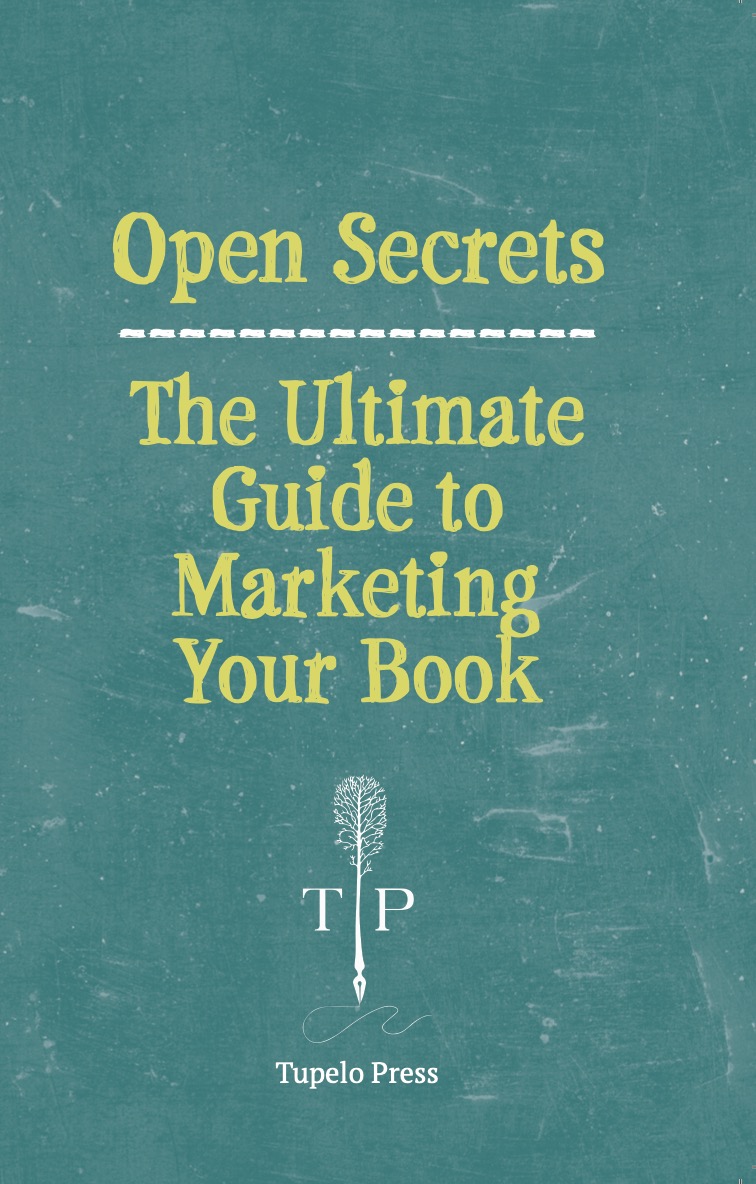 Tupelo is the perfect press to release a book like this. Founded in 2001, their twenty years of knowledge shines through, as does a pragmatism that I’m afraid could be lost if one of the big five publishers attempted to publisher a similar book. It’s apparent that Tupelo has a history of what they refer to on their website’s call for submissions as “energetic publicity and promotion.” That energy is contained in the dense sixty-some pages of Open Secrets.
Tupelo is the perfect press to release a book like this. Founded in 2001, their twenty years of knowledge shines through, as does a pragmatism that I’m afraid could be lost if one of the big five publishers attempted to publisher a similar book. It’s apparent that Tupelo has a history of what they refer to on their website’s call for submissions as “energetic publicity and promotion.” That energy is contained in the dense sixty-some pages of Open Secrets.
A review of Mario Writes a Poem a Day for a Year, and So Can You by Mario Milosevic
 Why write poetry? Milosevic says it sharpens your mind, encourages concise writing, helps you appreciate the world, and most of all is fun. He encourages aspiring poets to “take advantage of the long tradition of verse” by familiarizing themselves with the work of other poets. I was pleased with this, as aspiring poets who have asked my help too often displayed total ignorance of great works of the past. Milosevic also tells budding poets to trust their instincts, quoting Allen Ginsberg’s principle: “First thought, best thought.”
Why write poetry? Milosevic says it sharpens your mind, encourages concise writing, helps you appreciate the world, and most of all is fun. He encourages aspiring poets to “take advantage of the long tradition of verse” by familiarizing themselves with the work of other poets. I was pleased with this, as aspiring poets who have asked my help too often displayed total ignorance of great works of the past. Milosevic also tells budding poets to trust their instincts, quoting Allen Ginsberg’s principle: “First thought, best thought.”
A review of Henry David Thoreau : A Life by Laura Dassow Walls
 I reveled in this book because, unlike others before it, it is not fragmented, incongruent, or just a compilation of interesting facts. But rather, it reads as though Thoreau lived much more recently and the author had interviewed in-person, first-hand witnesses to his life simply because it flows from birth to death without a sense of missing information or lapses in time. On any given page you may learn about the weather that day or how late Thoreau stayed up as if it were all recorded and timestamped on videotape for the author to view and re-view.
I reveled in this book because, unlike others before it, it is not fragmented, incongruent, or just a compilation of interesting facts. But rather, it reads as though Thoreau lived much more recently and the author had interviewed in-person, first-hand witnesses to his life simply because it flows from birth to death without a sense of missing information or lapses in time. On any given page you may learn about the weather that day or how late Thoreau stayed up as if it were all recorded and timestamped on videotape for the author to view and re-view.
A review of Sylvia Pankhurst: Natural Born Rebel by Rachel Holmes
 Throughout the book, Holmes gives readers fascinating tidbits of information that bring Sylvia and her associates to life. We learn, for instance, that when she and the East London Federation of Socialists established a day care centre during World War I in a renovated former pub, they named this creche “The Mothers’ Arms”.
Throughout the book, Holmes gives readers fascinating tidbits of information that bring Sylvia and her associates to life. We learn, for instance, that when she and the East London Federation of Socialists established a day care centre during World War I in a renovated former pub, they named this creche “The Mothers’ Arms”.
A review of Bury My Heart at Chuck E. Cheese’s by Tiffany Midge
 The fifty-odd pieces that make up this collection are divided thematically into eleven different sections and take aim at national holidays, movies, language, literature and a host of other themes, from a Native American perspective, and culminate in a merciless assessment of the Donald Trump administration, the coup de grâce a poem entitled ”Ars Poetica by Donald Trump.”
The fifty-odd pieces that make up this collection are divided thematically into eleven different sections and take aim at national holidays, movies, language, literature and a host of other themes, from a Native American perspective, and culminate in a merciless assessment of the Donald Trump administration, the coup de grâce a poem entitled ”Ars Poetica by Donald Trump.”
A review of Square Haunting by Francesca Wade
